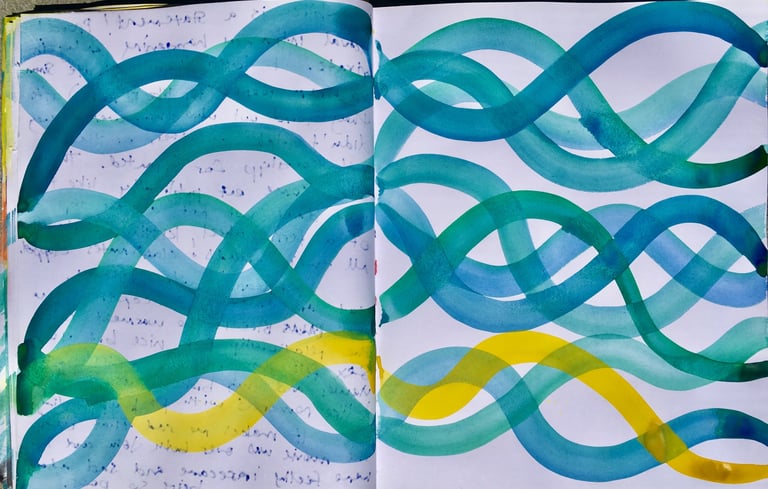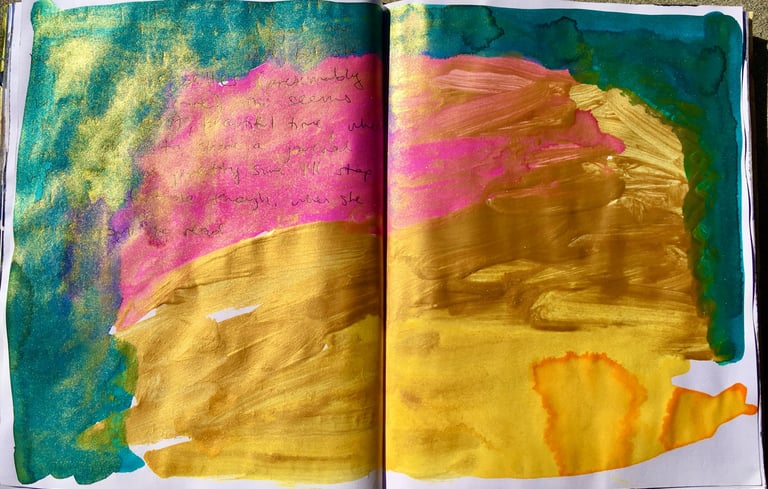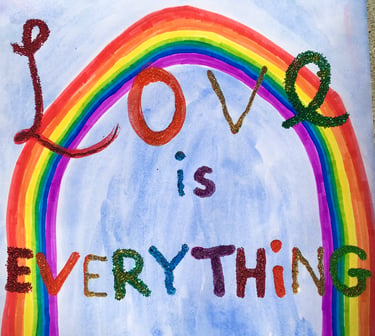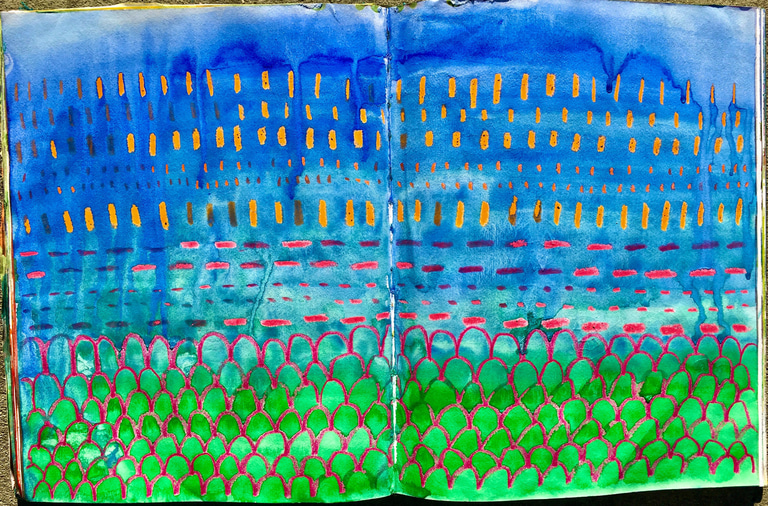Irene Capuchino, MA, LMFT, LPCC, ATR-BC
Creating a Healing Space for Neurodivergent Individuals
I specialize in working with newly diagnosed people navigating Autism, ADHD, AuDAD, and other neurodevelopmental differences. I provide gentle, neuro-affirming support to help with interpersonal skills, sensory processing, emotional regulation, positive sense of identity, and self-advocacy. I am LGBTQIA+ knowledgeable and affirming, kink friendly.
Alternative Pathways for Expression and Growth
Art therapy offers unique benefits for neurodivergent individuals by providing alternative pathways for emotional and self-expression, emotional regulation, and learning to honor their distinct neurological differences. This approach respects neurodivergent processing styles and sensory needs while building coping skills, self-awareness, and emotional resilience in a structured yet flexible therapeutic environment.
Sensory-Based Therapeutic Techniques
Sensory-based art therapy techniques utilize the calming, organizing properties of tactile materials like clay, sand, textured papers, and fabric to help regulate the nervous system while simultaneously offering a non-verbal outlet for processing complex emotions. For those with ASD who may find verbal communication challenging, the concrete nature of art-making provides a tangible way to explore and communicate feelings.
Supporting Focus and Regulation
Individuals with ADHD often find that the hands-on, multi-sensory engagement of art therapy helps improve focus and emotional regulation. The therapeutic process honors each person's unique neurological makeup while providing practical tools for navigating daily challenges.
“The standard for neurodiversity is recognizing natural variations of human brains and minds as a valuable aspect of human diversity. Neurodiversity promotes the inclusion of all types of minds to break down the barriers of constraint. Just as diversity equates to a cornucopia of differences, neurodiversity is specifically referring to differences in neurology, including the way one thinks, processes, behaves, functions, copes and perceives”.
Samantha Craft, 2019
“What if normal school makes you abnormally miserable?
And what if growing up in a normal society makes you a miserable adult?
Is that success? Is that normal?
Do you want to be in the mainstream if its going to drown you?”
P. Collins (2004) Not even wrong: Adventures in Autism






Ready to get started?
Contact Irene directly with questions, or to schedule a free 15 minute phone consultation:
or phone:
408-643-2283
